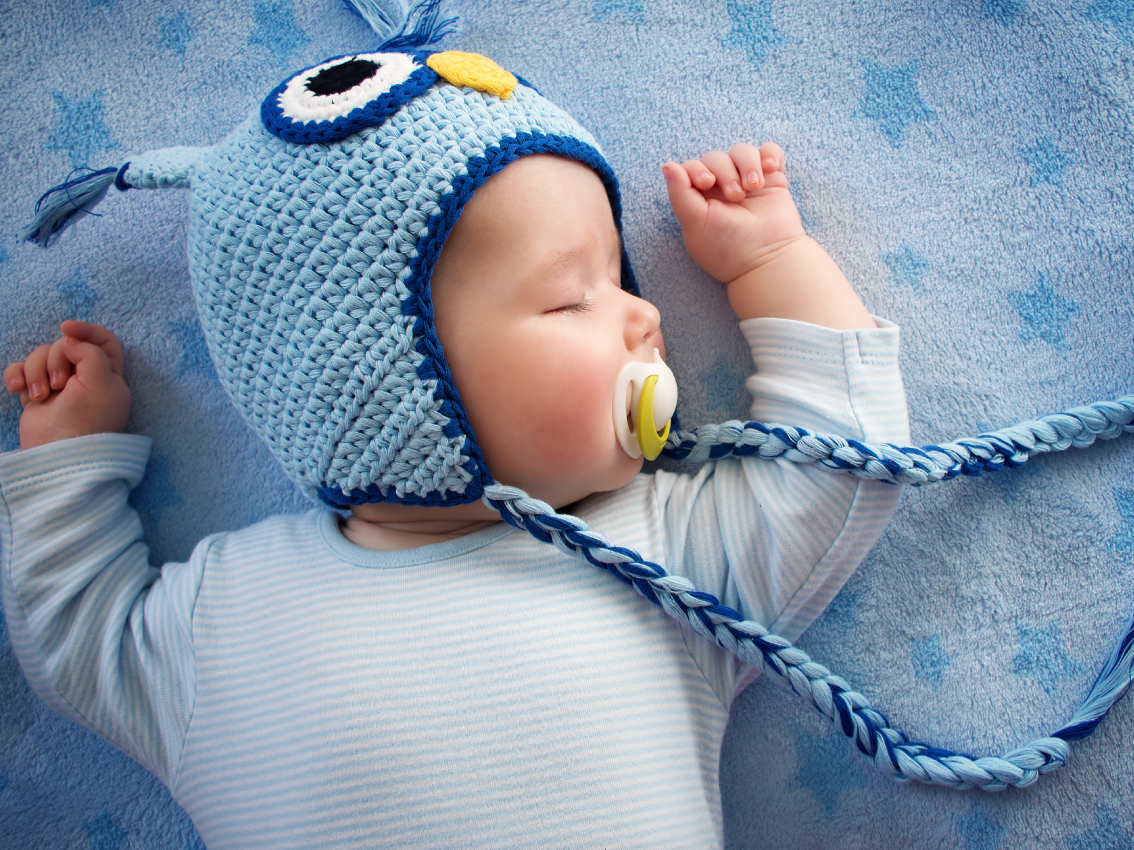Relaxation - key to your baby's digestive health

Have you heard of the Sympathetic Nervous System and the Parasympathetic Nervous System? While being pretty long words they have rather simple explanations. They also play a phenomenal role in your baby’s digestive health.
Both the Sympathetic and Parasympathetic System are controlled by the Autonomic Nervous System, which is the part of the nervous system responsible for controlling bodily functions not consciously directed, such as breathing, the heartbeat, and digestive processes.
When your baby gets stressed, or cries inconsolably, the sympathetic nervous system, or what is often referred to as the 'Flight or Fight' way of being, is activated. This response stimulates adrenaline, heightens cortisol levels and inhibits, if not stops digestive function as it directs blood flow away from the digestive tract to provide more energy to other muscles, like the heart and lungs to aid the 'fight or flight' scenario.
On the other hand the Parasympathetic Nervous System, otherwise known as the ‘Rest and Digest System', stimulates digestion by increasing blood flow and is responsible for such things as:
- saliva secretion that is necessary to break down milk appropriately
- hormone release
- slowing the heart rate to conserve energy, aiding weight gain
- absorption of nutrients
- peristalsis, the wave-like motion that moves food along the digestive tract beginning in the oesophagus.
Add to the list above the fact that the digestive system lies on the parasympathetic side of your baby's body, and hopefully you begin to see the importance of the ‘Rest and Digest’ way of being.
Use one of your baby’s natural instincts to foster calm
Sucking is your baby's innate way of soothing themselves in the womb, and while many of you may be opposed to using pacifiers, they are a fantastic way to continue this innate form of comfort for your baby once born. The trick is learning how to use them so they don't become a 'plug in for peace' but instead, a tool to 'turn on' the parasympathetic nervous system and enable trapped wind to make its way up to the oesophagus for release, or waste to travel more smoothly through the intestines and onto the bowel for release.
Using a pacifier to bring calm instead of your breast, or a bottle, means you are less likely to overload your baby's digestive system by feeding them beyond their digestive capabilities and capacities. Of course the other bonus of using pacifiers is your baby swallows a lot of saliva. Saliva holds a multitude of necessary digestive enzymes that aid the digestion of milk in the stomach, and because science tells us that the pancreas begins making more of these enzymes at around six months of age, this can be a great age to wean your baby off the pacifier as they don’t need it as much for digestive purposes.
Like some, I had a time in my early career where I couldn’t stand pacifiers, but now, knowing the huge biological and developmental effects they can produce, I now believe them to be a wise choice for our babies when used correctly. You can read more about the why and how here, and learn how to choose one that works well with your baby’s innate reflexes here. There is also more information in my book on pacifiers.




